Uncover the legends and theories surrounding Kumari Kandam, a possible lost continent in South India.
In the expanse of the Lost Continent, South of the Indian Ocean lies a mystery that has intrigued explorers, scientists, and historians for centuries: the existence of a lost continent in south of India.
However, this enigmatic landmass, shrouded in speculation and myth, has captured imaginations with its potential to rewrite the history of our planet.
The “Lost Continent in South of India” concept has sparked numerous theories and expeditions searching for evidence to substantiate its existence.
Some believe it to be the remnants of the ancient supercontinent, Gondwana, while others speculate it to be a separate landmass.
Regardless of the differing conjectures, the allure of uncovering a lost civilization and unlocking geological secrets beneath the ocean’s depths continues to drive exploration efforts.
Moreover, researchers employ various methods, from underwater mapping to satellite imagery analysis, to identify clues that might lead to discovering this elusive continent.
As we delve deeper into the mysteries of our planet, the quest to unravel the truth behind the Lost Continent in South of India persists, offering a tantalizing glimpse into Earth’s hidden past and the wonders in the waves.
1. Etymology and Names of Kumari Kandam
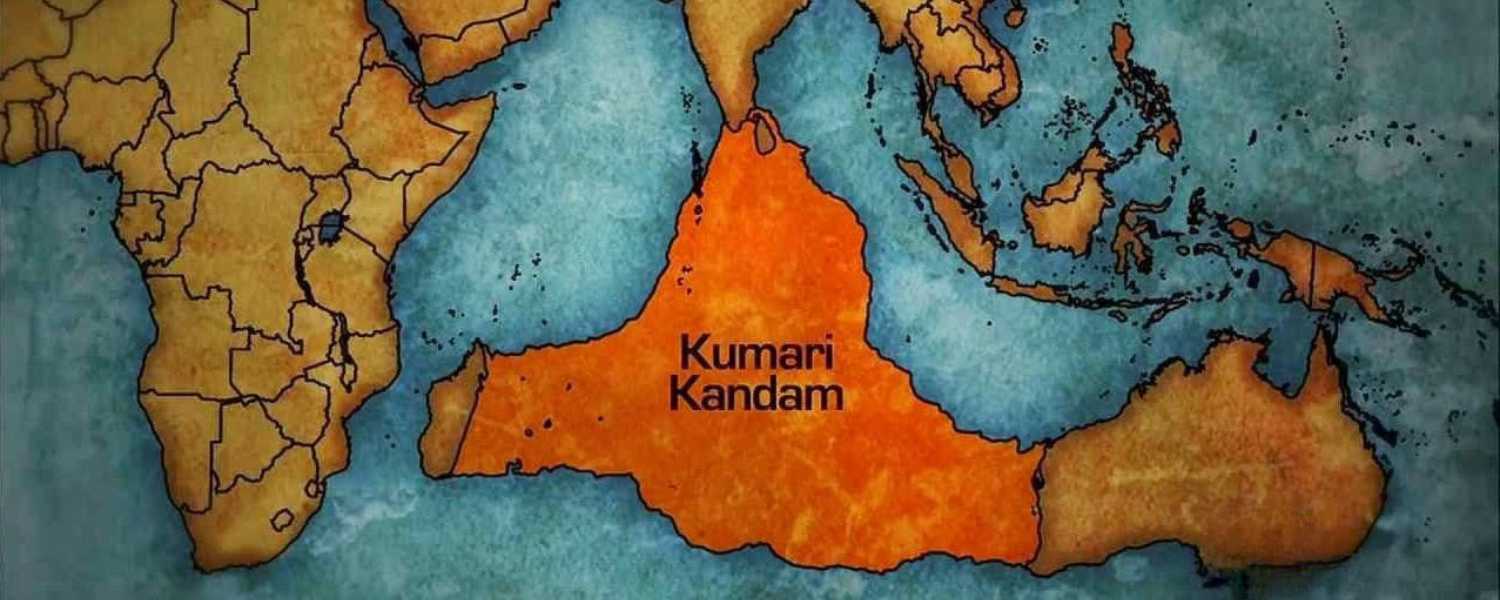
The term “Kumari Kandam” originates from Tamil literature, where “Kumari” means virgin or maiden, and “Kandam” refers to a continent or land.
It is believed to be an ancient submerged landmass south of present-day Lost Continent in South of India.
In Tamil literature, it is also known by various names such as “Kumari Nadu,” “Kumari Mandalam,” or “Kumari Kandam.”
However, the mention of this lost continent can be found in ancient Tamil texts like the “Silappatikaram” and “Manimekalai,” where it is described as a prosperous civilization inhabited by Tamil people before the sea engulfed it.
2. Lands in Ancient Literature in Kumari Kandam
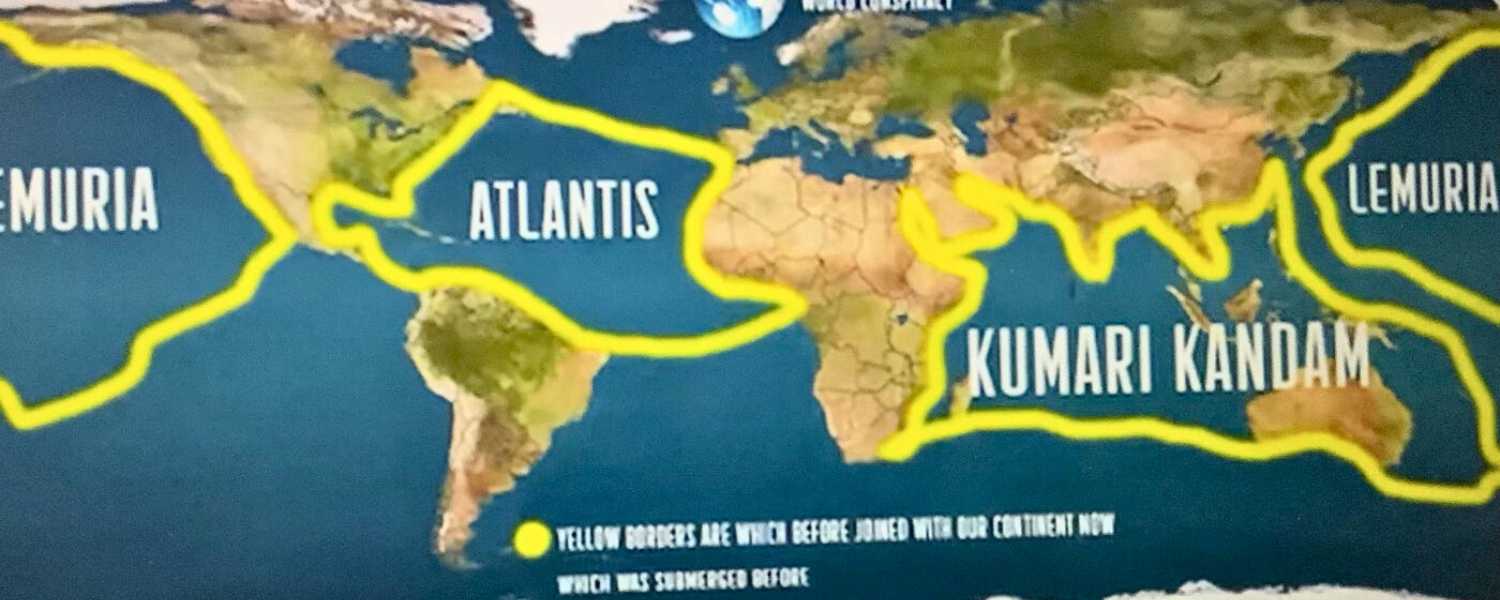
Ancient Tamil literature depicts Kumari Kandam as a vast and prosperous land with fertile plains, rich forests, and thriving cities.
It is believed to have been home to an advanced civilization with sophisticated urban planning, trade networks, and cultural achievements.
The literature also mentions the existence of three principal cities—Mathurai, Kapatapuram, and Korkai—known for their wealth, knowledge, and architectural marvels.
3. Lemuria Hypothesis in India
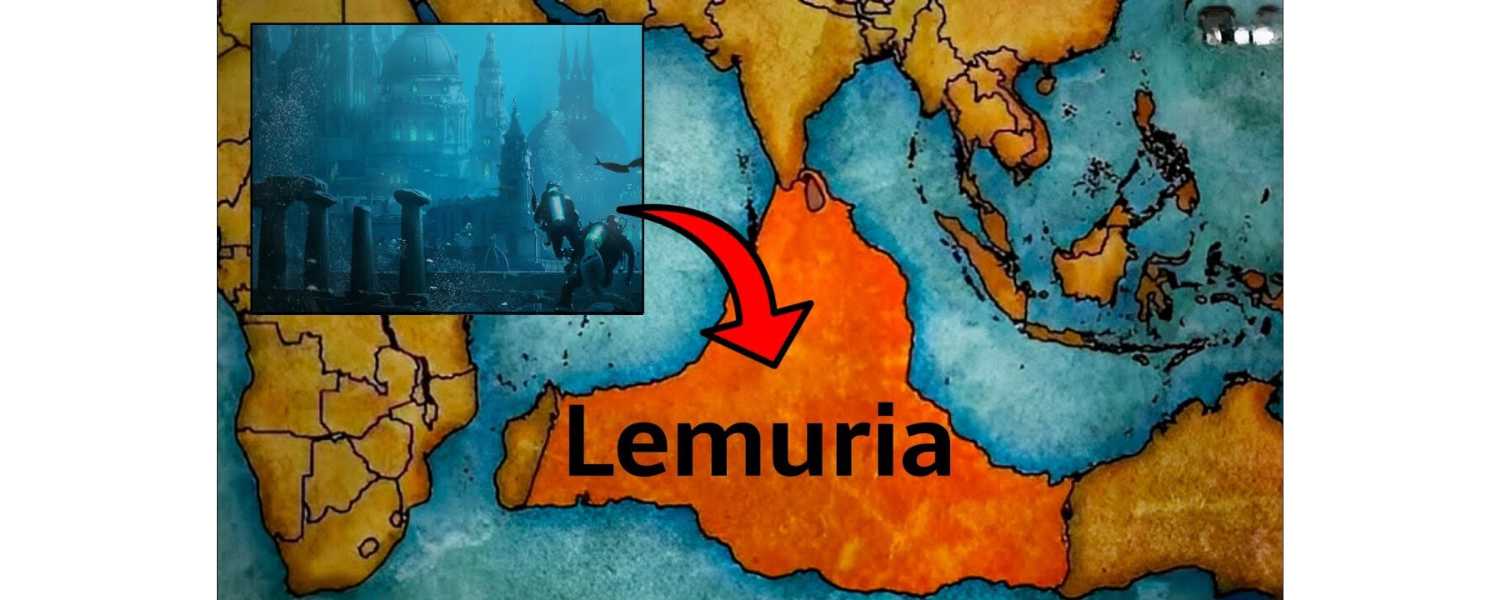
The Lemuria hypothesis, popularized in the 19th century, suggests the existence of a lost continent in the Indian Ocean region, connecting India with Madagascar.
Additionally, this concept gained traction in Lost Continent in South of India due to its alignment with the ancient Tamil legends of Kumari Kandam.
While mainstream science dismisses the idea of a submerged continent, the notion intrigues scholars and enthusiasts alike, contributing to ongoing research and speculation.
4. Popularisation in Tamil Nadu
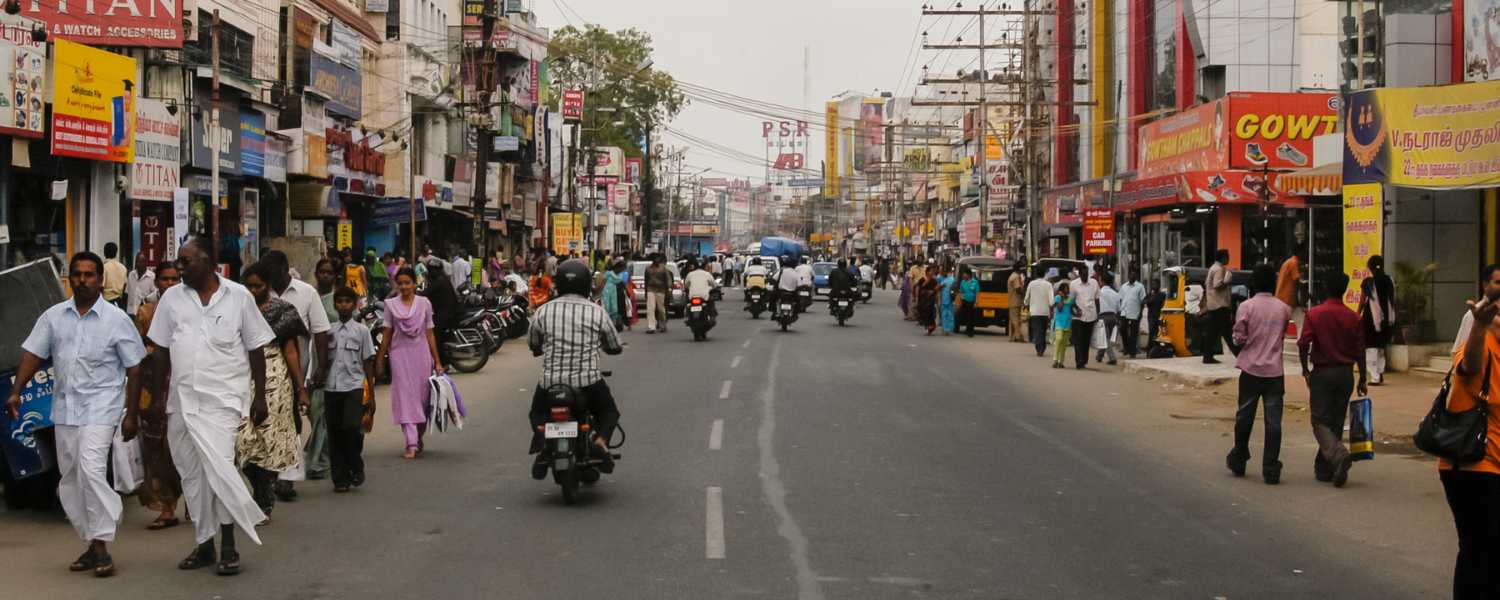
In Tamil Nadu, Kumari Kandam holds significant cultural and historical importance. Literature, folklore, and mainstream media often discuss it, capturing the imagination of the masses.
Further, various Tamil scholars and researchers have explored the potential existence of this lost continent, adding to its popularity and mystique among the local population.
5. Connected with South India
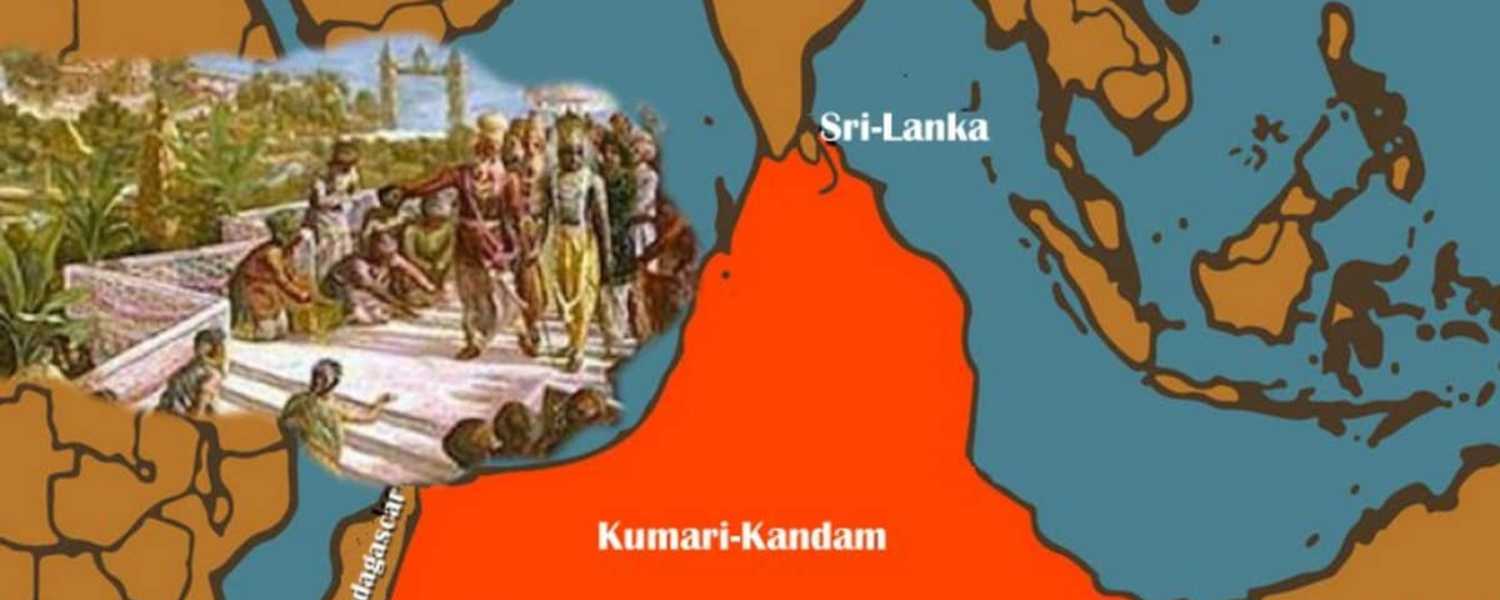
Many associate Kumari Kandam with South India, particularly Tamil Nadu, as they believe it once stood in the region now submerged beneath the Indian Ocean.
The idea of a lost continent in south of India resonates deeply with the cultural identity of the Tamil people, influencing their literature, art, and collective memory.
6. Kumari Kandam in Chinese and Greek Literature
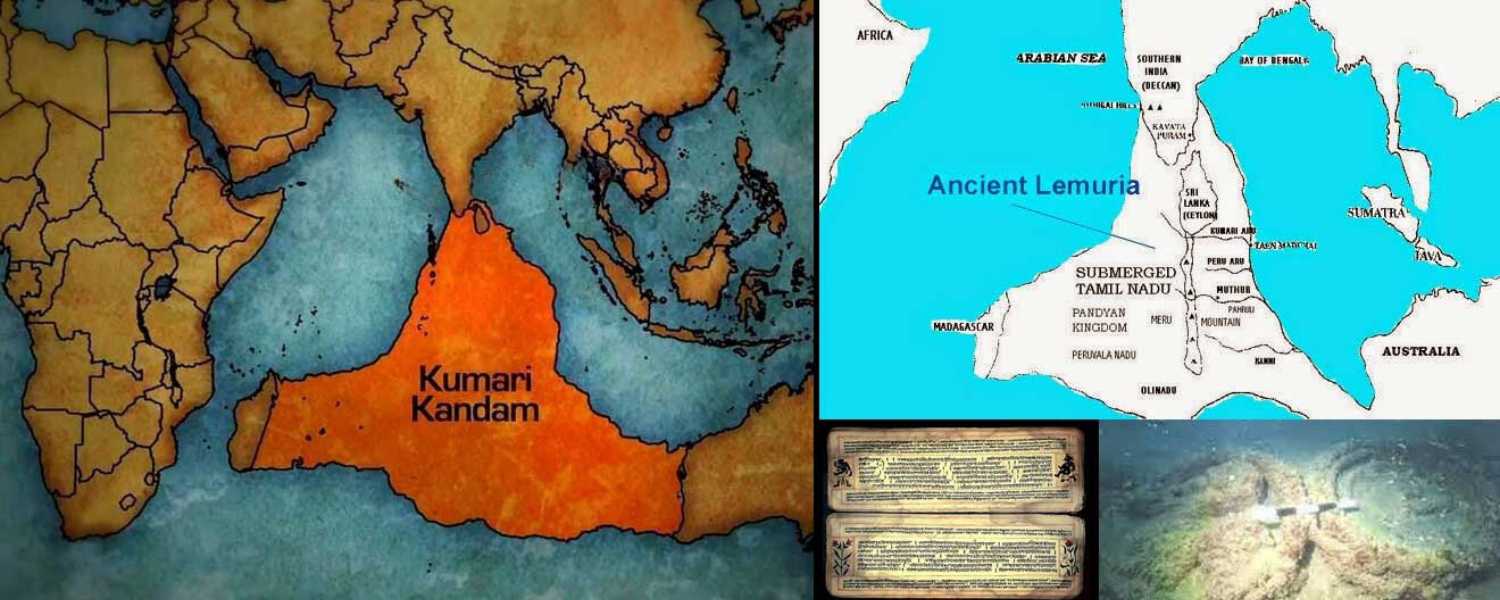
Ancient Chinese and Greek literature also references a landmass resembling Kumari Kandam. Chinese texts mention a place called “Chi-Ten” or “Chi-Ten-Lai.”
At the same time, Greek accounts speak of a land known as “Taprobane” or “Patala,” possibly referring to regions corresponding to the legendary Kumari Kandam.
7. The Lemuria Hypothesis
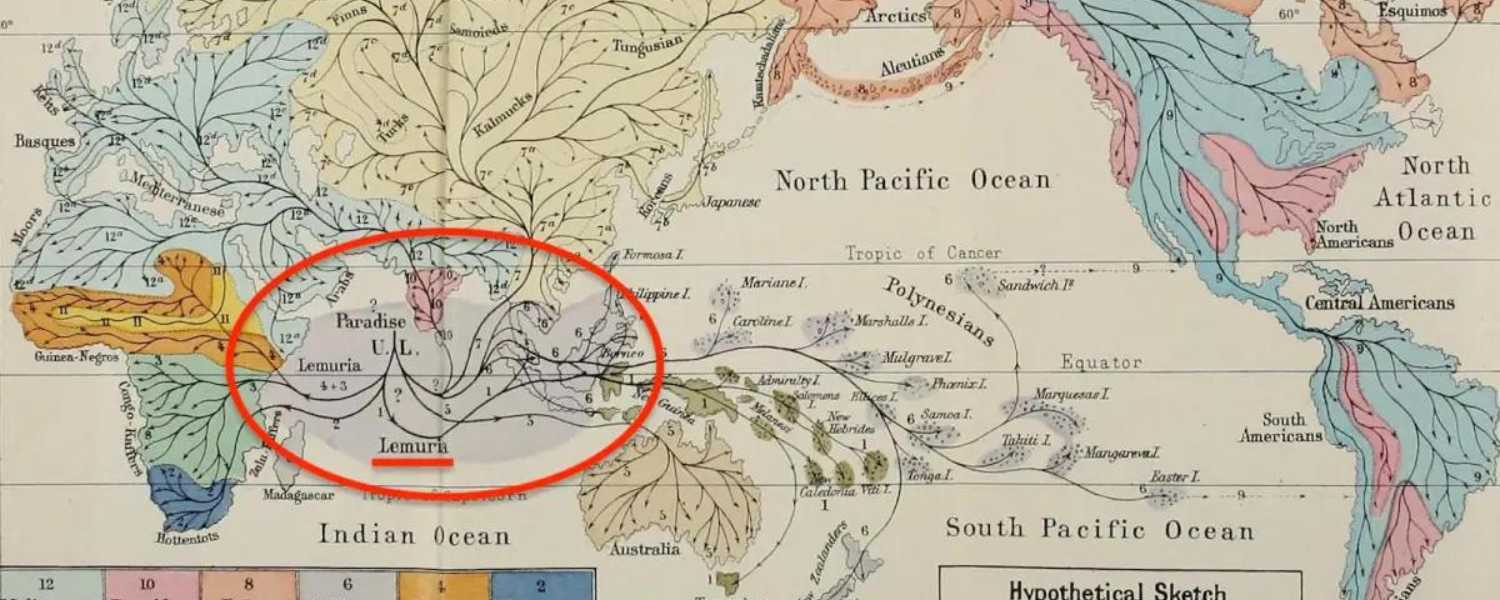
The Lemuria hypothesis posits the existence of a lost continent, Lemuria, situated in the Indian Ocean, connecting India with Madagascar.
Though primarily dismissed by mainstream science, the idea finds resonance in ancient Tamil literature, particularly in references to Kumari Kandam.
This hypothesis continues to spark intrigue and debate among scholars, contributing to ongoing exploration and speculation regarding the lost continents of the world.
Conclusion
In conclusion, the intriguing question of a lost continent in south of India captivates the imagination with its blend of myth and scientific possibility, while exploring the diverse places to visit in South India adds to the allure of this enigmatic region.
While there isn’t concrete evidence to confirm the existence of such a landmass, the ongoing exploration of the Indian Ocean floor continues to unveil surprises, leaving room for speculation and discovery.
The notion of a lost continent sparks curiosity about the History of Earth and the dynamic processes that have shaped our planet over millennia.
Whether it’s the remnants of a sunken landmass or simply geological formations, the allure of uncovering the secrets hidden beneath the waves persists.
As researchers dig deeper into the Lost Continent in South of India, they may stumble upon clues that shed light on the existence or non-existence of a lost continent.
Regardless of the outcome, the quest to unravel this enigma reminds us of the boundless wonders awaiting exploration in our world.
Have we lost a Continent South of India? It remains a compelling question, inviting further investigation and inspiring wonder about the untold stories beneath the ocean’s surface.
FAQ-
Q: What is the Lost Continent in the South of India?
A: The Lost Continent in South of India refers to a hypothetical landmass called “Lemuria” or “Kumari Kandam,” believed by some to have existed in the Indian Ocean.
Q: Is there any scientific evidence of this lost continent?
A: Currently, there needs to be scientific evidence supporting the existence of a lost continent in south of India. The concept is primarily based on myths, legends, and speculative theories.
Q: Why is it called a lost continent?
A: However, it’s called a lost continent because it supposedly sank beneath the ocean waters, which makes it inaccessible and untraceable by modern means.
Q: What are the main theories about this lost continent?
A: Various theories suggest Lemuria as the origin of the human race or propose it as the lost landmass that connected India to Africa.
Q: Is there ongoing research to uncover this lost continent?
A: While there’s interest in exploring the mysteries of the Indian Ocean, scientific efforts primarily focus on studying existing geological formations rather than searching for a speculative lost continent.










